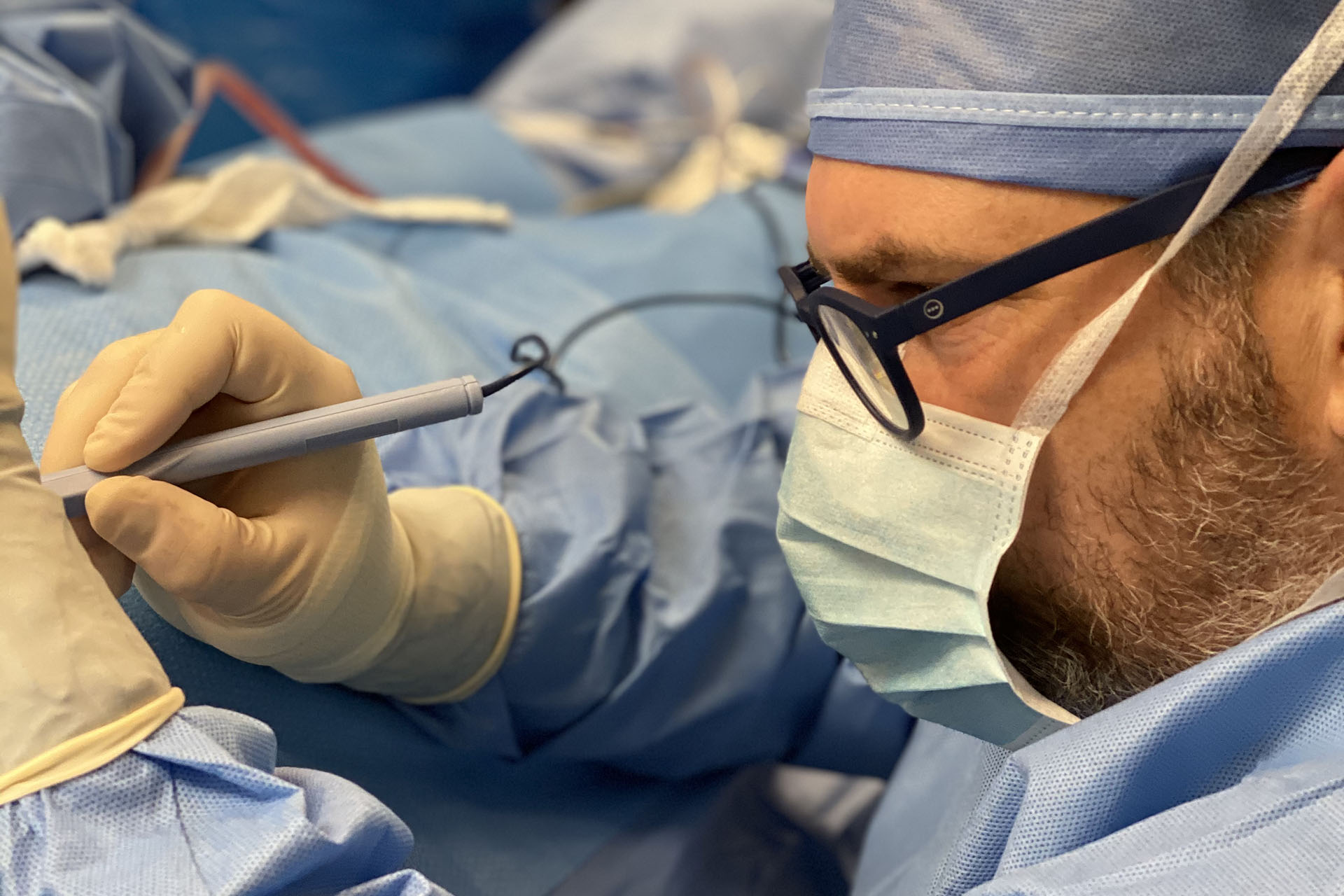The first step: is to make sure your surgeon is certified by the American Board of Plastic Surgery. There are some confusing and misleading boards out there, but you will want a surgeon certified by the American Board of Plastic Surgery. How can you tell if they are certified by the American Board of Plastic Surgery (ABPS)? It’s easy! You can go to the ABPS website, and enter in the surgeon’s name and make sure they are certified, and are current with all of the requirements to maintain certification.
Second step: go to the state medical board and do the same thing—enter your surgeon’s name to make sure there are no complaints about the physician, and his or her license is in good standing. Checking these two sites will weed out a lot of unqualified surgeons, and see if your doctor is in fact a plastic surgeon who is in good standing with the two most important licensing boards. Once you have completed these two steps and compiled a list of surgeons who meet these two qualifications you will want to do four final things:
1) Ensure your surgeon is performing enough cases of the procedure you want so he or she can develop surgical expertise necessary to achieve the best results in the safest manner. Some plastic surgeons are beginning to specialize instead of “doing everything” (like wound care, reconstruction, face, hand, trauma), and you really want a surgeon who performs a high volume of the procedure you are interested. Specialized surgeons who are not “doing it all” will be better at a specific operation than those surgeons doing many different types of operations. It is hard to get good at something, and become an expert, if you are not focusing on a set number of operations.
2) Look at your surgeon’s before and after photos to ensure you share the same cosmetic eye as your surgeon. Spend time to also view the BEFORE photos to see what is a realistic goal for you. Are you looking for a more natural BBL or something more artificial? Does he or she tend to make their BBLs one way, or are they different? Does your surgeon have the results that you like? If you don’t like the results it doesn’t necessary mean they are not a good surgeon, but just share a different vision of what is a pretty result, so make sure your vision and your surgeon’s vision are aligned.
3) Meet with two or three surgeons and see if your online research matches with their personality. I know a lot of people also advise you to like the staff, and the feel of the office, and while I think those things matter, to me, the person who is responsible, will follow you after surgery, can diagnose and treat potential problems after surgery, and guide you in your recovery is your surgeon; you need to feel the most comfortable with the surgeon. A great patient coordinator or a super friendly receptionist are wonderful, and can really make your experience outstanding, but they cannot make up for an inattentive, arrogant doctor who does not take their postoperative responsibility seriously, and thinks their care ends when the operation does. The vast majority of the time things go great, there are no problems, and patients are happy, there are hugs and everything is fine–that really doesn’t test the metal of your surgeon. It is when things don’t go well, there is a complication, or something unexpected happens when you need someone who will see you urgently, frequently and be compassionate and help you so the two of you can work through the problem together as a team and fix the problem and get you back on track–fortunately problems are not common, but your surgeon needs to be capable of action when called upon.
4) Lastly, read reviews. Remember patients who are unhappy tend to write more reviews than patients who are happy. Most surgeons will have some bad reviews as not everyone will be happy–some patients can have an excellent result, but it is not as good as they expected, and are limited their their own anatomy so unfortunately they end up being unhappy. Others may actually have a poor result, but it wasn’t addressed, or corrected and they are unhappy. Regardless of all the underlying reasons for patients writing reviews read them all and look for a trend–the trend will be more important than each individual review. Good luck!






